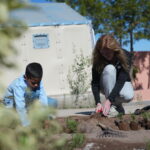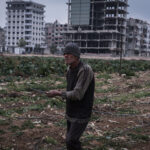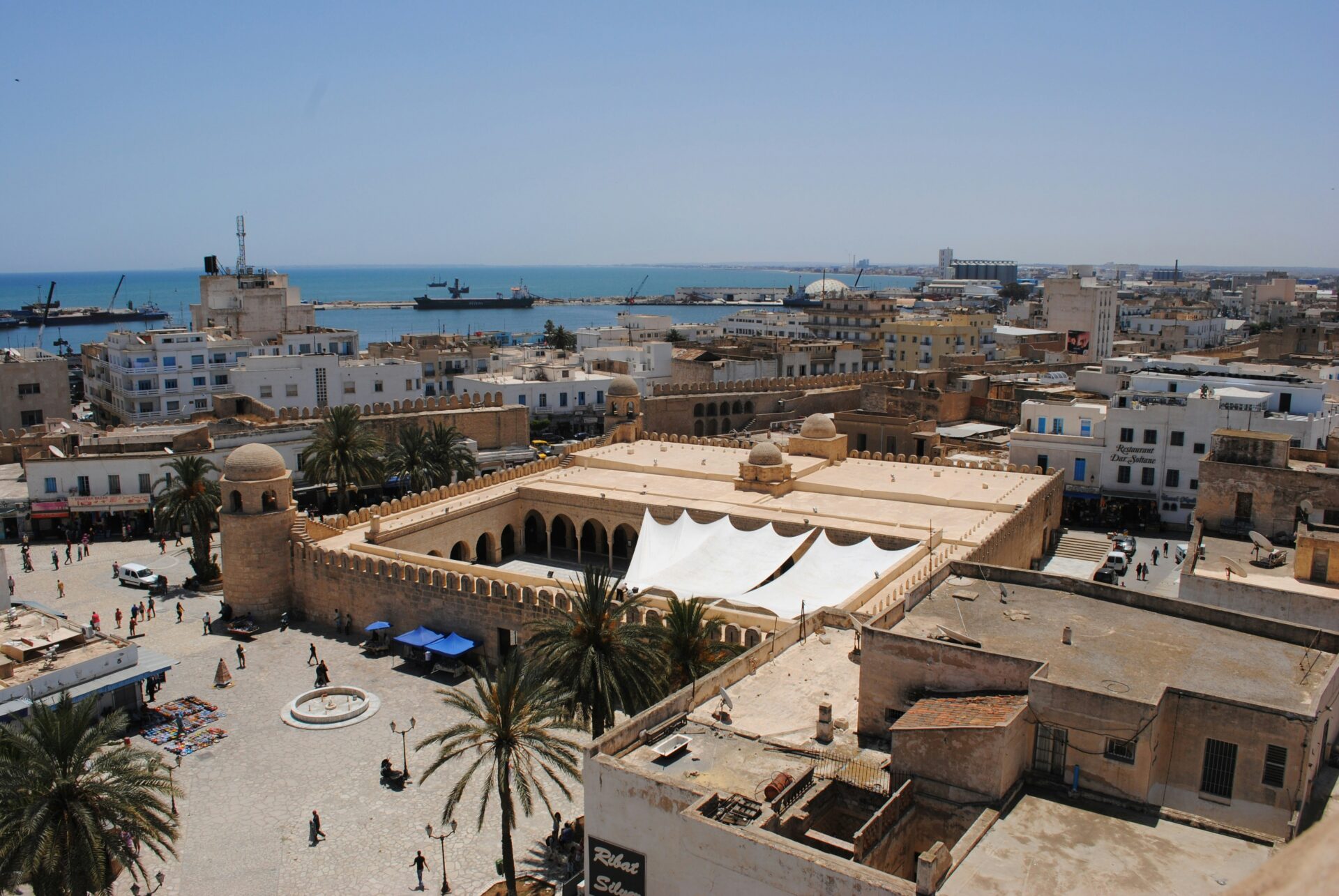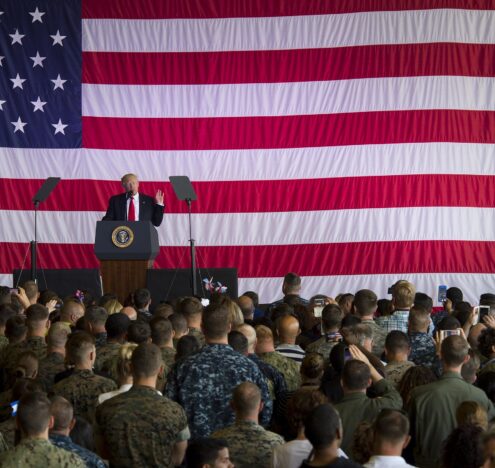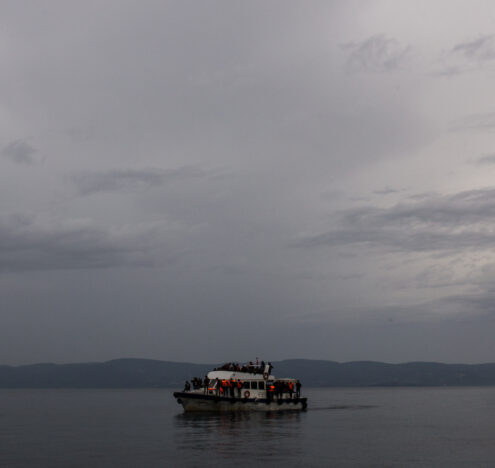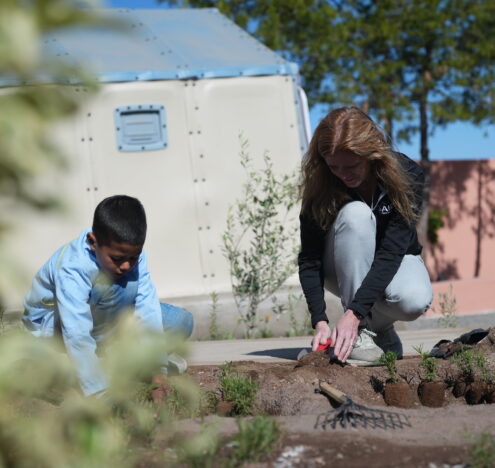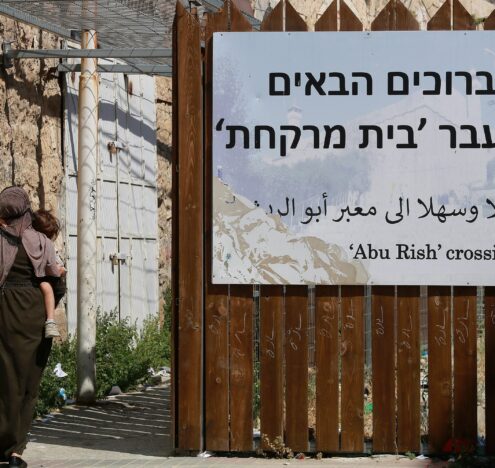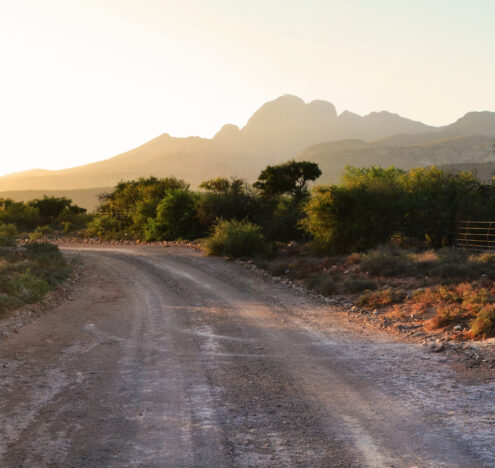In the immediate aftermath of the 2011 Arab Spring, Tunisia looked like a democratic success story in the MENA region. And at that time, then-President Barack Obama remarked in his 2011 State of the Union address, “And tonight, let us be clear: The United States of America stands with the people of Tunisia, and supports the democratic aspirations of all people.” But, in recent years, Tunisia’s democracy has backslid — punctuated by President Kais Saied’s power grab through altering the new constitution in 2021. Subsequently, the US has withdrawn from Tunisia in many ways.
During the Biden administration, American aid to Tunisia has dropped steadily since 2020. Budget proposals have called for a roughly 50% reduction in assistance to Tunisia in areas like democracy and workforce development since Biden took office as a means of sending a message to Saied. Tunisia’s failure to consolidate long-term democracy, albeit disappointing, is not reason for the US to withdraw its presence there, especially considering Tunisia’s economic woes, including high unemployment and inflation.
One comparatively low-cost, low-risk endeavor the US should undertake is returning Peace Corps volunteers to Tunisia. President John F. Kennedy first established the Peace Corps over 60 years ago, and it is an important American soft power instrument. The program has sent almost a quarter of a million Americans to 142 countries since its inception. Volunteers serve abroad, generally for 27-month stints, and provide critical support in community development in sectors such as education, agriculture, health, youth development, and more.
The Benefit of a Peace Corps Presence
Today, the Peace Corps operates in more than 60 countries, and the organization is constantly adding new posts. For example, just a couple of months ago, it was announced that the Peace Corps will send volunteers to Palau again starting in 2025. Currently, there is no Peace Corps presence in Tunisia, although over 2,000 American volunteers served there from 1962 to 1996 before the program in Tunisia was suspended. On the other hand, one of Tunisia’s neighbors to the west, Morocco, has one of the largest Peace Corps deployments in the world with 104 active volunteers in the Youth Development sector.
Any Peace Corps presence abroad is a two-way street. The US must be willing to send volunteers to a certain country, like Tunisia, but equally, that country’s government must also be willing to host them. Re-establishing Tunisia’s Peace Corps program can be a win-win for both sides. Tunisia still suffers from many of the same socioeconomic conditions, including high unemployment, that preceded its revolution in 2011.
Peace Corps volunteers can help provide additional labor as well as assist in the development of key sectors. Further economic development, English-language education, and vocational training can help alleviate some of Tunisia’s domestic grievances. This should be favorable to Saied’s regime.
Influence in a Turbulent Region
On the other hand, sending volunteers abroad allows the US to maintain a small influence in Tunisia and could create goodwill in a turbulent region. It also provides further opportunities for American students and professionals interested in the Middle East and North African region. Currently, Morocco is the only Arab country with Peace Corps volunteers, despite the US government’s designation of Arabic as a “critical” language. Expanding to Tunisia creates another enticing destination for young professionals to serve with corresponding regional and linguistic interests. Furthermore, by regional standards, Tunisia is a comparatively safe place to send prospective volunteers. The State Department has only designated Tunisia as a Level 2 Travel Advisory, and Freedom House classifies the country as “Partly Free,” whereas many other countries in the region are “Not Free.”
One final reason to assume that Tunisia would welcome the Peace Corps is that the program is very popular abroad. On a recent podcast appearance, Peace Corps Director Carol Spahn mentioned that after withdrawing volunteers abroad during the Covid-19 pandemic, Peace Corps gave each of these countries the opportunity to terminate the service going forward. However, in each case, they requested volunteers to return, and many requested even larger numbers. She also stated that demand is so high that there is a backlog of 14 other countries which have requested volunteers.
Tunisia Should Be a Priority
Tunisia has had an exciting, turbulent decade and a half, and, in many ways, stands at the precipice of democracy. Perhaps President Saied’s power grab demonstrated that its democratic experiment was short-lived, or maybe the democratic flame still burns after all. Although the US might consider expanding its Peace Corps footprint to other countries, Tunisia specifically should be a priority. In addition to its strategic importance, offering a helping hand in Tunisia’s development is simply the right thing to do.
The Biden administration should follow through on President Obama’s 2011 promises and stand firmly with Tunisians. Redeploying Peace Corps volunteers in Tunisia would be a small but powerful step in demonstrating robust American support for Tunisia’s future.









